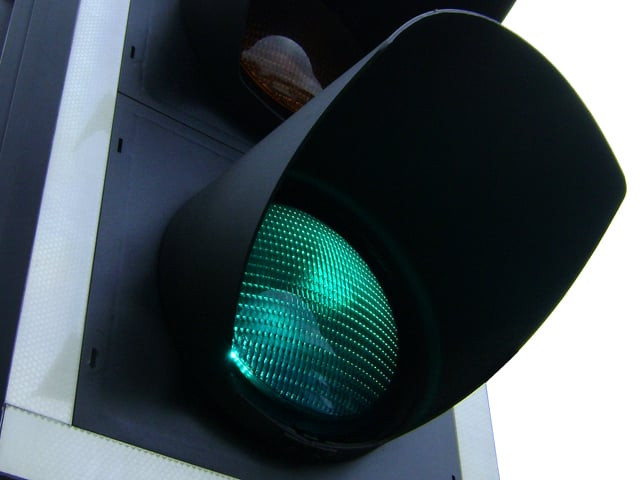Crucial projects: Pakistan to import railway locomotives from US
Riko Deq gold-copper project also gets Ecnec’s green light.

Pakistan has reportedly been under immense US pressure to buy these locomotives from the US firm instead of China. The cost of this project is approximately Rs60 billion. According to government’s own estimates, the same number of locomotives from China would have cost just Rs25 billion.
Overall, the Ecnec gave approval to 33 schemes costing over Rs600 billion. With this, the total development outlay swelled to Rs3.2 trillion – four times the size of this year’s revised federal development budget.
The meeting was held under federal Finance Minister Abdul Hafeez Sheikh. The total development outlay far exceeds this year’s revised national budget, including federal and provincial government budgets.
Experts termed the Ecnec decision irrational and said it will carry “long-lasting implications”.
According to Planning Commission’s own estimates, at least five years are needed just to finish ongoing projects because of fiscal constraints.
Only last month, the government had to cut its development budget by half to Rs140 billion because of severe economic limitations. Official figures suggested that government revenues are insufficient even to meet its current expenditure requirements and the national development budget is mainly financed by borrowings.
Pakistan’s total debt has already touched Rs10 trillion, forcing the government to pay more than Rs800 billion on debt servicing every year.
The intensity of political pressure can be gauged from the fact that until 3pm on Wednesday, the meeting’s agenda contained just 22 projects. However, by the time the meeting was held on Thursday morning, the number surged to 36. The Ecnec is learnt to have deferred three projects on technical grounds.
Without revealing the exact amount set aside for the projects, a press release issued by the finance ministry said that Ecnec had “approved 33 projects, costing over Rs600 billion”, adding that the government “will have to borrow Rs130 billion from international sources to finance these projects”.
Projects in transport and communication, irrigation, food and agriculture, education and health, energy, information technology and city development have been approved in the Ecnec meeting.
The finance ministry’s press release says that it had approved five energy sector projects, costing Rs81.5 billion, including the second phase of the power distribution enhancement investment programme, production of national compact florescent lamps and the addition of 500- and 220-KV sub-stations in the NTDC system.
Four projects in transport and communication sector, costing Rs96.2 billion, include the improvement, widening and construction of 162.5-kilometre-long Kohlu-Sibbi road project, 167-kilometre-long Jaglot-Skardu road and the 57-kilometre-long extension of Motorway (M-4) between Khanewal and Multan.
In the agriculture sector, three projects were approved, including the Punjab Economic Opportunities Programme (Peop) and national project for enhancing the existing grain storage capacity.
Abdul Hafeez Shaikh is learnt to have asked the Planning Commission to submit a detailed plan in the next Ecnec meeting with a rationalised portfolio, reflecting a balanced regional growth.
Published in The Express Tribune, December 10th, 2010.



















COMMENTS
Comments are moderated and generally will be posted if they are on-topic and not abusive.
For more information, please see our Comments FAQ